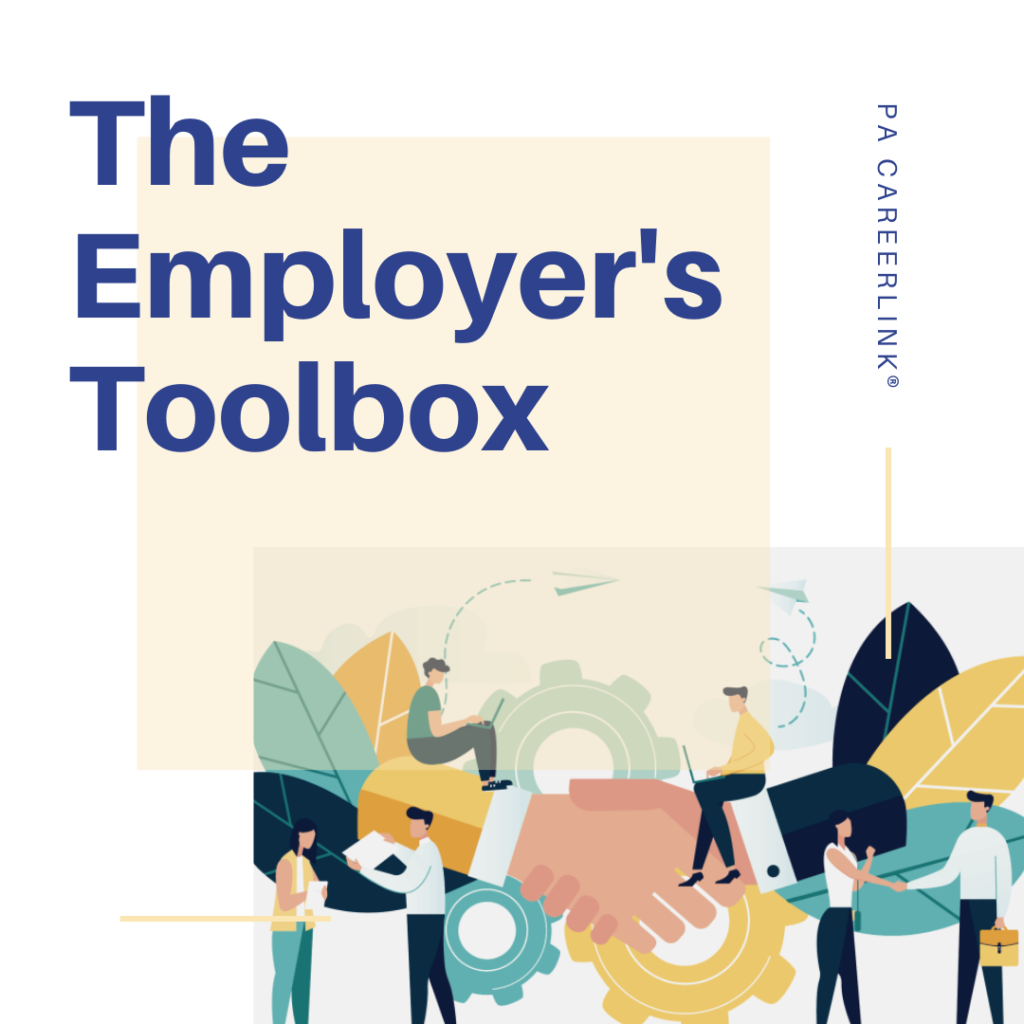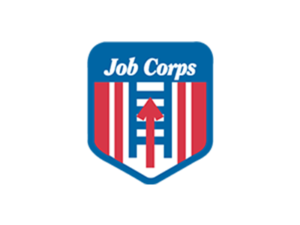
With fewer active candidates, tight job requirements may make it harder to hire.
As the job market continues to fluctuate it is that estimated companies will spend an extra $2.5 trillion to fill the workforce shortage by the year 2030. By removing barriers to employment you can attract a wider variety of job seekers to find a candidate whose core values align with your organization’s.
When looking at your job descriptions, it’s always beneficial to remember what is required versus what your organization would prefer. Let’s explore how you can attract and retain strong performers for your organization.
How to Re-evaluate Your Requirement
Break down complex roles into lower-level positions which will help you find candidates that better align with your organizational needs. Example: if you are having difficulty finding a marketing manager able to direct digital outreach, sales communication, and data analysis, consider onboarding two or three applicants who specialize in each field.
Create a skills-based test for applicants to showcase their strengths. This will allow individuals with applicable experience that do not possess a degree or are still developing their experience for a great opportunity within your organization. This will allow both candidates to excel within their position.
Remember candidates who are eager to learn will always be a good fit for career advancement opportunities.
How These Practices Serve You Long-Term
It’s always a best practice to look at the individual as a whole and not just their work history or education level. While a degree cannot predict future job performance, a candidate’s work history can.
Job seekers who have completed trainings in applicable skills, have served in the military, or have a fresh take on the industry might be discouraged by a long list of requirements even though their background has prepared them for success. Removing barriers to employment encourages candidates with unconventional backgrounds to apply.
Studies indicate women often skip over applications unless they meet 100% of the requirements listed, while men will apply if they meet at least 60% of the necessary skills. Reducing the number of prerequisites can promote diversity.
Opening your positions to a broader scope of applicants can help you find your next superstar. Look for talent that aligns with your values. Seek out someone willing to learn and grow alongside your organization. Your hiring strategy is a key component of your overall success. Take the time to reflect on how your approach serves your company’s mission. You do not need to compromise your principles to reach a wider range of job seekers.














